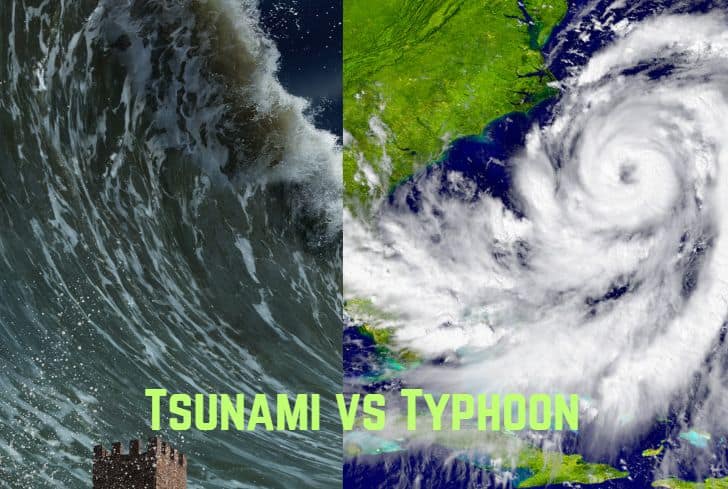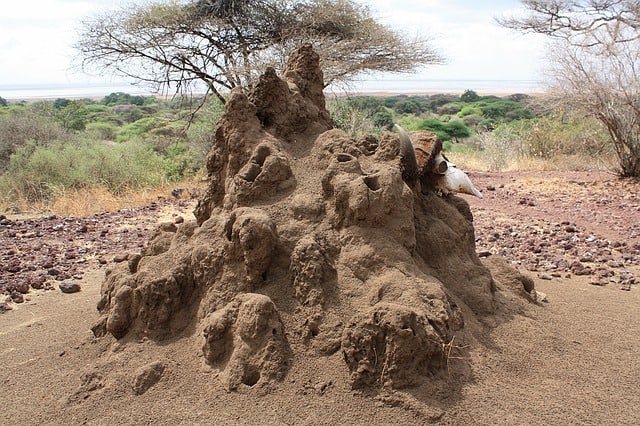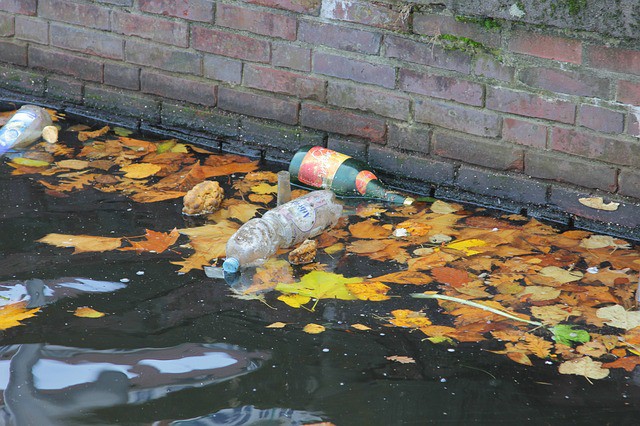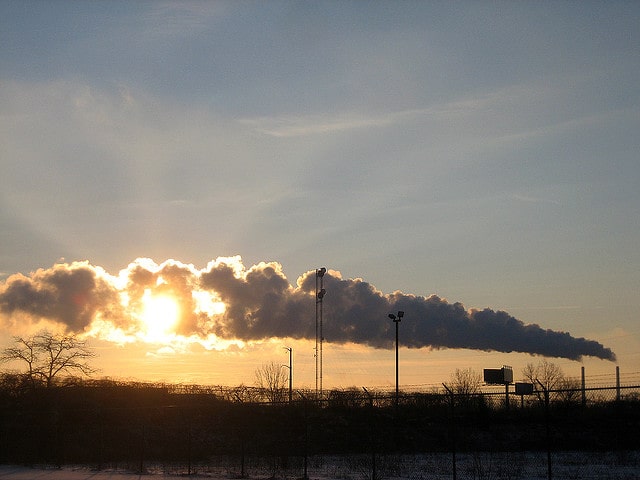Strategies and Solutions for Preventing Oil Spills
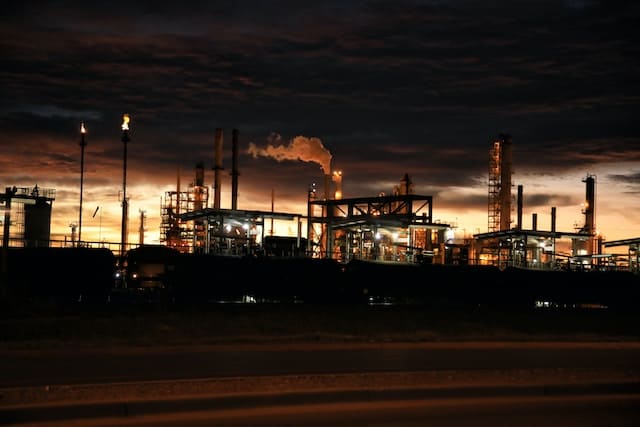
Oil field accidents can have severe consequences, posing risks to human lives, the environment, and surrounding communities. In the US state of Wyoming, which is known for its significant oil and gas production, the occurrence of such accidents can be particularly concerning. These accidents can result from a variety of factors, including equipment failure, inadequate safety measures, human error, or even natural disasters such as severe weather conditions or geological disturbances.
When accidents occur, oil spills can contaminate land, water sources, and wildlife habitats, leading to long-term ecological damage. The release of toxic substances and chemicals during accidents can also pose health hazards to both workers and nearby residents. Additionally, oil field accidents may result in economic losses, legal implications, and damage to a company’s reputation.
In the aftermath of such accidents, seeking legal support from an experienced attorney can be critical in navigating the complex legal landscape and ensuring fair compensation for those affected. This may involve working with a specialized legal professional, such as an oil field accident lawyer in Wyoming, who can provide tailored guidance and representation to individuals or organizations involved in the accident.
With their knowledge of industry regulations, legal precedents, and negotiation strategies, these lawyers can help clients pursue the most favorable outcomes and hold responsible parties accountable. By leveraging the expertise of legal professionals, the industry can strive towards a safer working environment, the protection of natural resources, and the well-being of the surrounding communities.
Furthermore, there are more strategies and solutions that can be implemented to prevent oil spills from occurring in the first place. In this article, we will explore more the most effective strategies and solutions for preventing oil spills accident.
Implementing Proper Equipment Maintenance and Inspection
One of the most effective strategies for preventing oil spills is to implement proper equipment maintenance and inspection procedures. Regular maintenance and inspections can help identify potential problems before they become catastrophic failures. It is essential to ensure that equipment, such as pipelines, tanks, and valves, are properly maintained and inspected to prevent leaks and spills.
Ensuring Proper Training and Education
Human error is one of the leading causes of oil spills. Ensuring that employees are properly trained and educated on proper procedures and protocols for handling oil can significantly reduce the risk of spills. This includes training on spill response, equipment maintenance, and emergency procedures.
Using Advanced Technology and Monitoring Systems
Advancements in technology and monitoring systems have made it easier to detect and prevent oil spills. Using sophisticated monitoring systems can help identify potential problems before they become catastrophic failures. These systems can detect changes in pressure, temperature, and flow, which can indicate a leak or spill. Advanced technology, such as robotics, can also be used to inspect and maintain equipment.
Implementing Safety Protocols and Emergency Response Plans
It is crucial to have safety protocols and emergency response plans in place in case of a spill. These plans should outline the steps to be taken in the event of a spill and identify the roles and responsibilities of the employees involved. The plan should also include steps to minimize the impact on the environment, wildlife, and local communities.
Properly Managing Waste Disposal
Improper waste disposal is a significant contributor to oil spills. Properly managing waste disposal can significantly reduce the risk of spills. This includes ensuring that waste is properly stored and transported to disposal sites and that disposal sites are properly maintained and monitored.
Partnering with Local Communities
Partnering with local communities can help prevent oil spills by increasing awareness and education on the risks associated with oil spills. Local communities can also provide valuable feedback on the impacts of oil spills and identify potential problems that may not be evident to company employees.
Enforcing Regulatory Compliance
Regulatory compliance is essential for preventing oil spills. Companies must comply with local, state, and federal regulations to ensure that they are operating safely and responsibly. Compliance includes proper handling, storage, and transportation of oil, as well as reporting spills and incidents.
Conducting Risk Assessments and Audits
Conducting regular risk assessments and audits can help identify potential problems and areas for improvement. These assessments should include a review of equipment, training, and procedures to identify areas that may be at a higher risk for spills. Audits can help ensure that employees are properly trained and following protocols and procedures.
Conclusion
Preventing oil spills requires a comprehensive approach that includes proper equipment maintenance and inspection, ensuring proper training and education, using advanced technology and monitoring systems, implementing safety protocols and emergency response plans, properly managing waste disposal, partnering with local communities, enforcing regulatory compliance, and conducting regular risk assessments and audits. By implementing these strategies and solutions, companies can significantly reduce the risk of oil spills and protect the environment, wildlife, and local communities.

